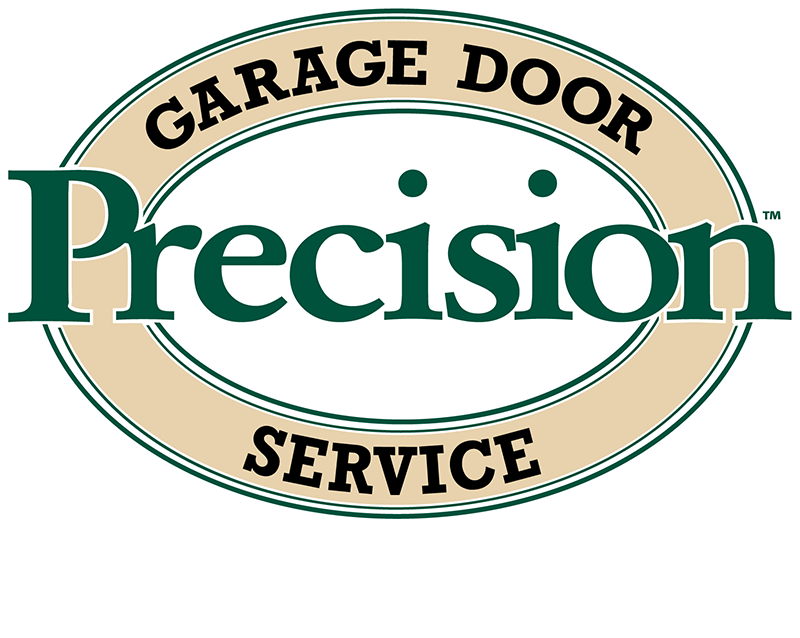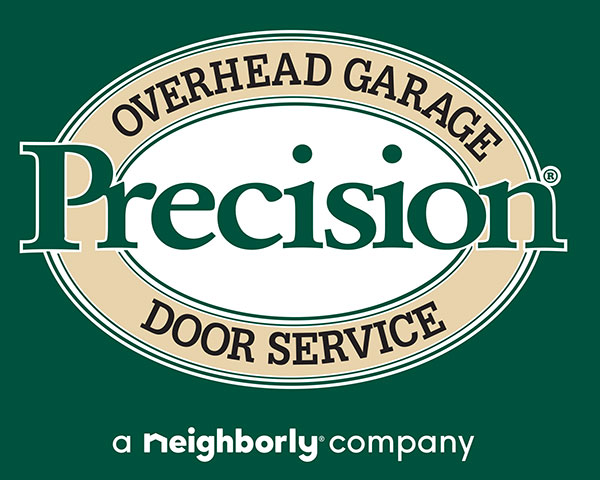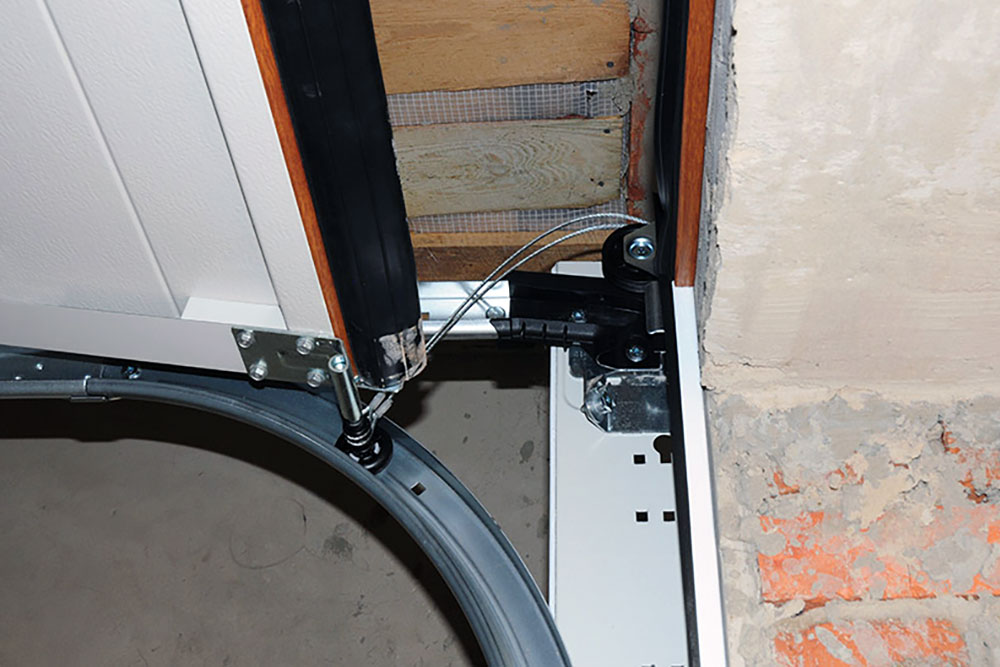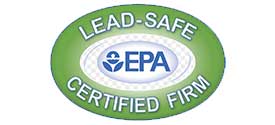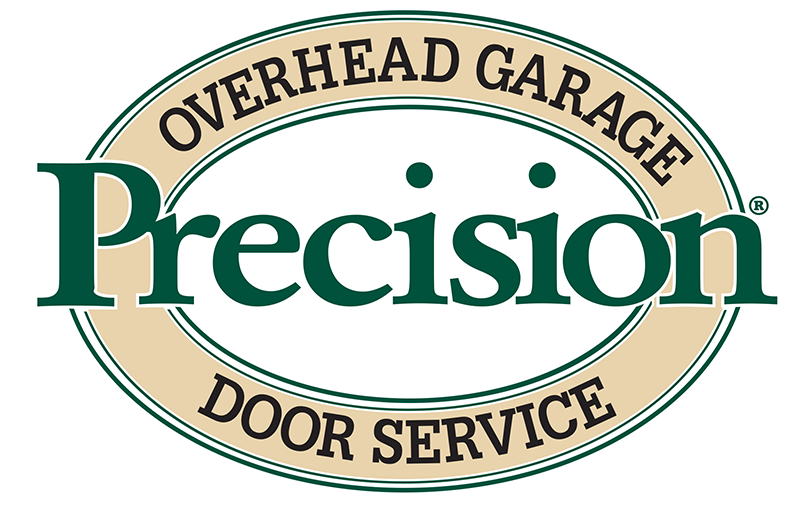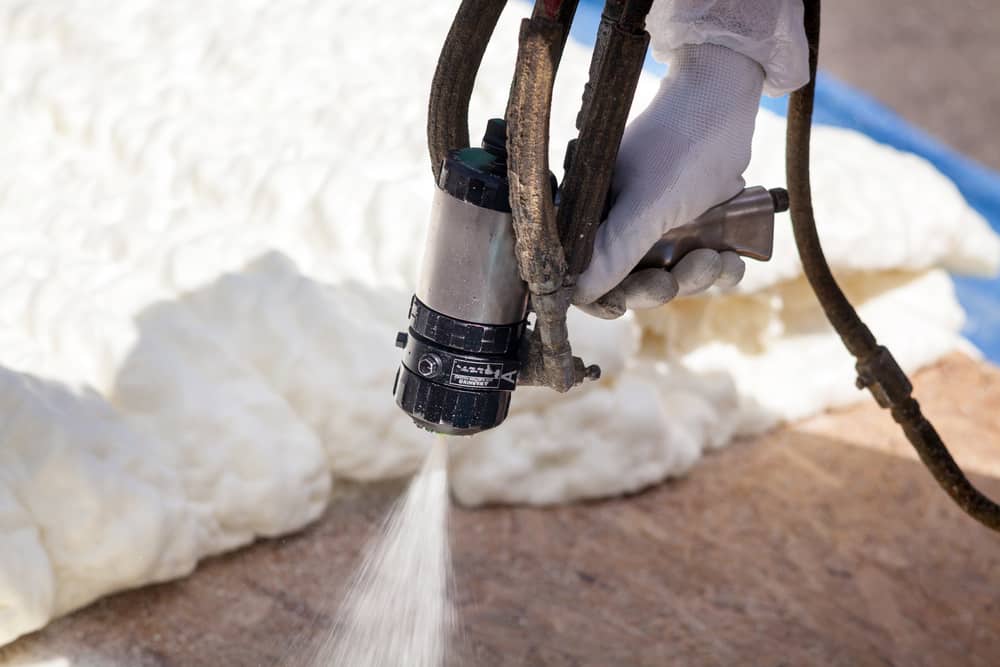
Types of Insulation for Garage Door Installations in Long Beach
There are many reasons why homeowners choose to insulate their garage doors. Some may insulate because they want to use the space as an extra bedroom or recreational room. Others may simply want to find a way to cut down on utility costs. No matter the reason, the goal is always the same: to ensure that a high-quality garage door installation in Long Beach is performed with high-quality materials. Thus, the following includes further information on the best insulation for your next garage door project.
Understanding the Basics Before a Garage Door Installation in Long Beach
Companies that provide garage door installations in Long Beach pride themselves in helping their customers understand the basics of a project before anything is done. The reason for that is because Long Beach garage door repairs can be costly and time-consuming. Thus, understanding the basics of insulation is an absolute must. First, it should be known that insulation alone isn’t going to warm up a room. Insulation simply helps keep the current conditions within the garage to remain that way. For example, homeowners looking to prevent heat from escaping during the winter would benefit from insulation. Next is the R-Value of the insulation. The R-value is a measurement of thermal efficiency. Basically, the higher the R-value, the better the insulation will be. Thus, it is important to consult with any garage door repair company you choose as means of making sure that you are getting the R-value you want for your particular door.
Fiberglass Insulation
Perhaps the most common type of insulation used within residential garages is fiberglass. This type of material is sold in pre-cut batts and goes easily between ceiling joists and wall studs. Homeowners may also opt for loose-fill fiberglass, which can be used to blow into small areas that may not be big enough for the pre-cut pieces. If your garage is unfinished (meaning there is no drywall), experts recommend purchasing paper-faced or encapsulated fiberglass batts in order to give the space a more finished look to it. In addition to the incredible protection it provides, fiberglass insulation is also very easy to install. Those looking for a quick and affordable project may enjoy using this type of material. However, improper installation of the material can lead to gaps between your garage door and the outside, which, of course, can lead to a loss of energy. Thus, the choice of a Long Beach garage door installation company is very important.
Cellulose Insulation
A rising type of insulation amongst newer homeowners, cellulose insulation is a loose-fill insulator usually made out of newspapers and treated with fire reductant. Using a blower machine, cellulose is blown into ceiling cavities and walls. Although easy to apply, the machine used to blow the material can be a little pricy. Rentals are an option, but if you want the job done correctly, it is recommended to seek the services of a professional company. So, now that you know what cellulose insulation is, it’s time for a few of the pros and cons of it. Let’s begin with the advantage of its price. Cellulose is not only a great way to recycle, but it’s also often less than fiberglass insulation. An advantage of cellulose involves its R-Value. Infrequently, whatever R-Value you obtain is not what you’re going to get. After cellulose begins to settle, it will lose its current R-value and thus make it weaker.
Rigid Foam Insulation
If you’re looking for a high R-value insulation material, then Rigid foam is your best bet. This insulation is cut in 4 x 8-foot sheets and tends to have a thickness of 1/2 inch to 4 inches. Those looking to convert a garage into a home office or home theater may want to go with this option as it is excellent for thin walls. Some homeowners choose to first add plywood, followed by the insulation. It must also be noted that if you are worried about fire, not all rigid foam insulation is fire-resistant.
Spray Foam Insulation
Lastly includes spray foam insulation, which is great if you’re worried about small air gaps. In addition, spray foam is a great option for those who also want a high R-value. Some installers may say that spray foam is overkill for small areas such as a garage, but if you’re truly concern about the loss of energy, this material is your best bet. A few of the disadvantages of this type of foam are often enough to keep homeowners from going this route. That is because the process can be very messy, costly, and may take a lot longer to complete. The cost alone is often enough to break the deal for most homeowners.
